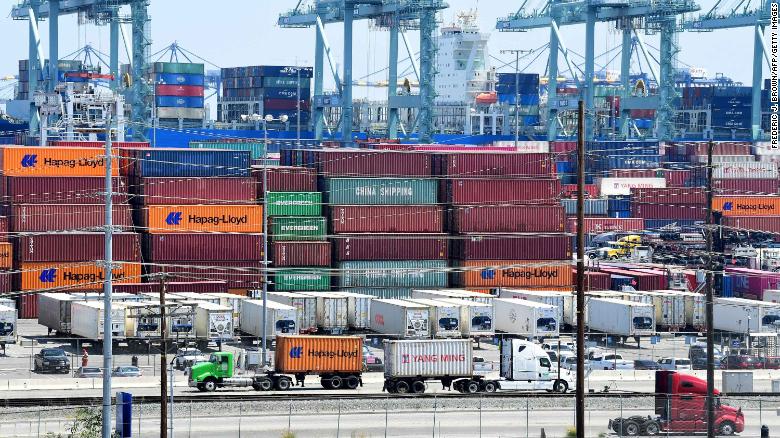China will release 10,000 tons of pork from its national reserves

The frozen pork will be auctioned online on Thursday afternoon, China Merchandise Reserve Management Center, a state-owned company that manages the reserves, said in a statement on Tuesday. The pork is imported from the United States, the United Kingdom, Denmark, Germany, France and Chile. Major suppliers include American firms Smithfield, Clemens Food and Seaboard, as well as Denmark’s Danish Crown.The order to release the reserves came from several Chinese government bodies including the Ministry of Commerce and the Agricultural Development Bank of China, the reserve management center said.Companies interested in the online auction need to sign up with the center in advance and be vetted by the Commerce Ministry before Thursday. Each bidder can only buy up to 300 tons. China Merchandise Reserve Management Center stores and manages China’s central reserves of resources that the country considers strategically important, including frozen pork, live pigs, other frozen meat and sugar. The Chinese pork market — the world’s largest — has been ravaged by an outbreak of African swine fever. China has lost more than 100 million pigs in the last year, either because of disease or because farmers don’t want to restock pigs after they die. The decline has driven pork prices up nearly 50% in the last year.Pork is a staple of the Chinese diet, and the decision to boost supplies comes as the country prepares to celebrate the 70th anniversary of the People’s Republic of China early next month. Releases from the reserves are often timed to coincide with major festivals. At least four Chinese cities or provinces that are home to roughly 130 million people have already released some of their local reserves of frozen pig meat in the past few weeks. But Thursday will be the first time since January that China’s central government has tapped into its reserves.Using government reserves is not the only way China is dealing with the worsening pork crisis.Officials have handed out subsidies worth about 3.2 billion yuan ($452 million) to low-income families who may struggle to afford pork at current prices.Chinese authorities have also asked local governments to free up money that could be used for artificial insemination technology, a way to encourage farmers and producers to breed more hogs.






